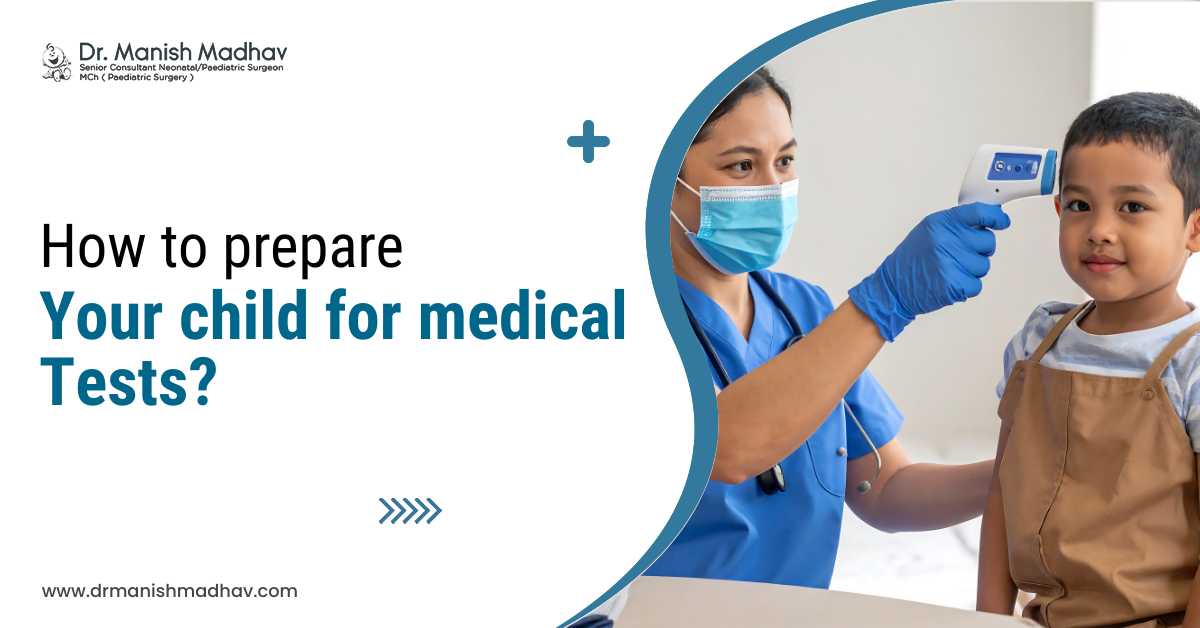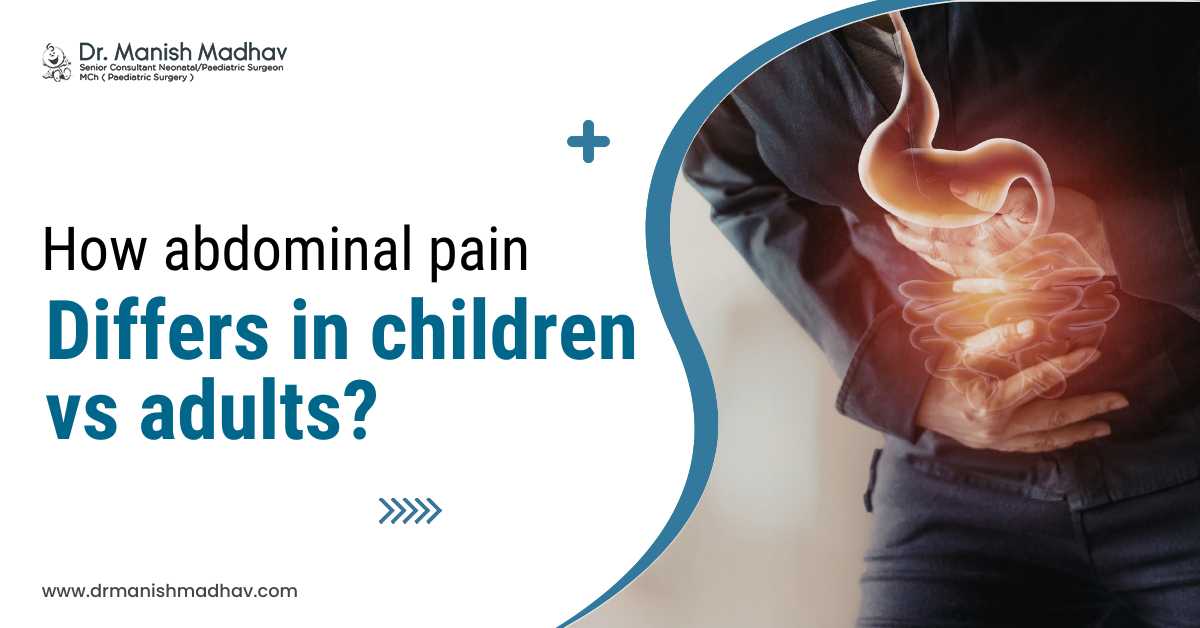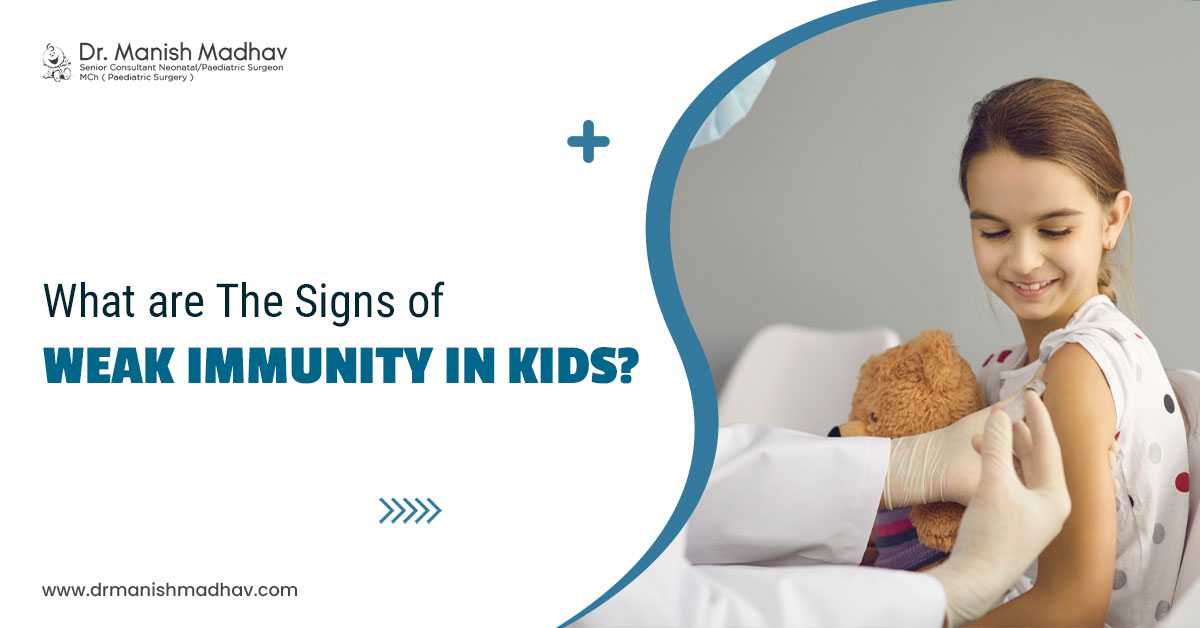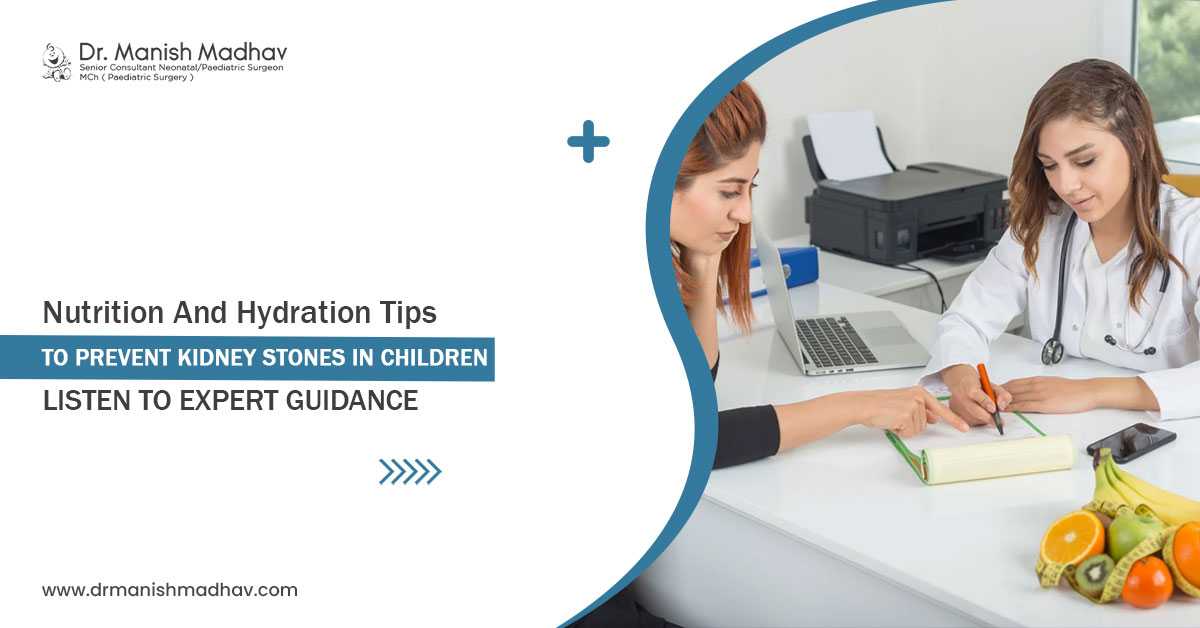It may sound rare, but kidney stones in children are possible. Yes, kidney stones most commonly affect adults, but they can affectteens and babies.Poor eating habits and dehydration are major causes of this painful condition, while genetics and other factors can play a part.
Thankfully, many kidney stone cases in kids may be avoided with easy lifestyle changes, starting with proper diet and hydration. You may consult the most trusted paediatric urologist in Siliguri, Dr. Manish Madhav.
Kidney Stone Types
- The most prevalent kind of stones here are calcium stones, which are typically brought on by consuming large amounts of salt.
- Kids with cystinuria, a hereditary condition characterized by an increased risk of bladder, kidney, and ureter stones, may develop cystine stones.
- Kids who suffer urinary tract infections are more likely to develop struvite stones.
- Gout and chemotherapy can both cause uric acid stones.
Kidney Stone in Kids: Symptoms and Signs
- Severe pain in the back or abdomen
- Urination that is uncomfortable or frequent
- Vomiting or feeling queasy
- Urine with blood in it
Role of Hydration and Nutrition in Reducing the Risk of Kidney Stones in Kids
The most crucial lifestyle modification a child or adolescent can make to avoid kidney stones is to drink enough fluids, mostly water.
Hydration
Yes, the best strategy to prevent kidney stones in youngsters is to keep them properly hydrated, according to experts. Children who consume a properamount of water dilute the chemicals in their urine that cause stones to develop.
Guidelines for Hydration:
Make sure your child drinks an adequate amount of water to generate clear or pale yellow urine.
- About 4 cups (1 liter) of liquids should be consumed daily by children ages 1 to 3.
- 4 to 8-year-old kids require around five cups (1.2 liters).
- Seven to eight cups (1.6 to 1.9 liters) should be consumed by older kids and teenagers, or more if they are active or live in a hot area.
Younger children can avoid kidney stones by drinking the amount of fluids recommended by their paediatricians. Unless they have renal problems, teenagers should have at least six-ounce glasses each day. It is wise not to force your kid to drink more because every kid is unique, and excessive water intake can affect the kidneys as well.
Moderate Calcium
Healthcare specialists advise avoiding excessive calcium from a child's diet. Calcium must be consumed for it to bond with oxalate in the intestines and stomach before proceeding to the kidneys.
Calcium-Rich Foods to Consider:
- Dairy products, including cheese, yogurt, and milk
- Fortified milks made from plants
- Leafy greens, such as broccoli and kale
- Almonds and tofu
Make sure your child receives the appropriate daily dose of calcium from food instead of supplements, which, if not well watched, may raise the risk of stones. Talk to the leading paediatric urologist in Siliguri for kidney stone treatment in kids.
Limiting Sodium Intake
An excessive amount of salt in your kids’ diet increases the amount of calcium expelled in the urine.This may increase the risk of stone development in the kidney. Experts in pediatric nutrition emphasize that cutting back on excessive salt intakeas it’s essential for preventing kidney stones.
Tips for reducingsodium intake:
- Avoid packaged baked goods, chips, and quick noodles.
- Limit fast food and cured meats.
- Prepare meals at home with fresh ingredients.
- Use herbs & spices instead of salt to boost taste.
Kidney stones in kids can be recurring and painful, but they are highly preventable. You may minimize your child's risk considerably by making sure they have a balanced diet, preventing excess salt, proper calcium intake, and drinkingan adequate amount of water. You may consult the most trusted pediatric surgeon in Siliguri for effective kidney stone surgery in kids.






